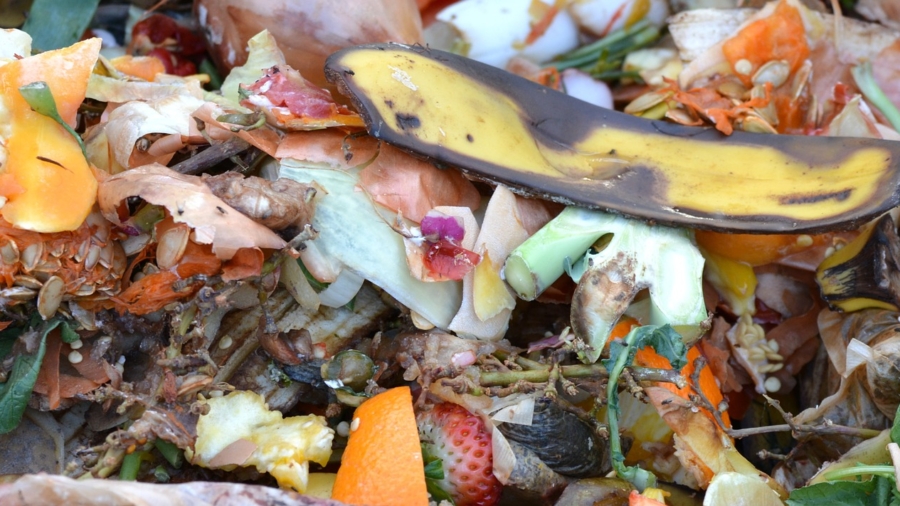Vermont has officially banned its residents throughout the state from throwing food scraps into the trash by mandating composting, according to the state’s Department of Environmental Conservation.
As of July 1, according to state laws, disposing of food scraps in both trash and landfill will be banned. Vermont residents will be required to keep their food scraps in a container somewhere, either through buying a bucket or container specifically for the use of food scrap disposal or reusing existing containers.
The department stated that if an individual has a composting bin in their backyard, they are free to empty their compost container there. Otherwise, Vermont residents can either put their compost in a bag, container, or bucket for pick up, or empty their food scrap container into a food scrap cart at a drop-off location.
“On July 1, 2020, trash haulers must offer food scrap collection services to non-residential customers and apartments with 4 units or more, unless another hauler is willing to provide that service,” the Food Scrap Ban Guidance stated (pdf).
These food scraps consist of but are not limited to peels, rinds, cores, eggshells, seeds, pits, bones, coffee grounds, as well as the filters, loose-leaf tea, and paper tea bags, and fats, oils, and grease. Food that is left over and has gone is also considered food scraps, as indicated by the Department of Environmental Conservation.
“Keeping food scraps out of the trash saves landfill space and reduces greenhouse gas emissions. Reducing food waste saves resources. Food donation has nearly tripled since the law was passed,” according to the Food Scrap Ban Guidance.
According to The Takeout, the state of Vermont has allocated nearly $1 million worth of grants for composting companies in order for them to purchase better equipment for composting as well as for expanding their services for curbside pickup.
Fast Company reported that the state officials are relying on the residents in Vermont to comply with the new laws voluntarily because even though officials are required to check up on what the state residents are throwing away every five years, there isn’t enough manpower to do so.
Furthermore, banning food scraps from the trash and thus requiring of all Vermont residents to compost is a law that was passed on July 1. Vermont began recycling in 2012, when the state passed the Universal Recycling Act.
According to a poll conducted by the University of Vermont’s Department of Nutrition and Food Sciences back in January 2020, the majority of the residents in Vermont compost at least some of their food scraps and waste—72 percent of residents, in fact. Furthermore, the poll also found that around 55 percent of residents in Vermont support the new ban.

